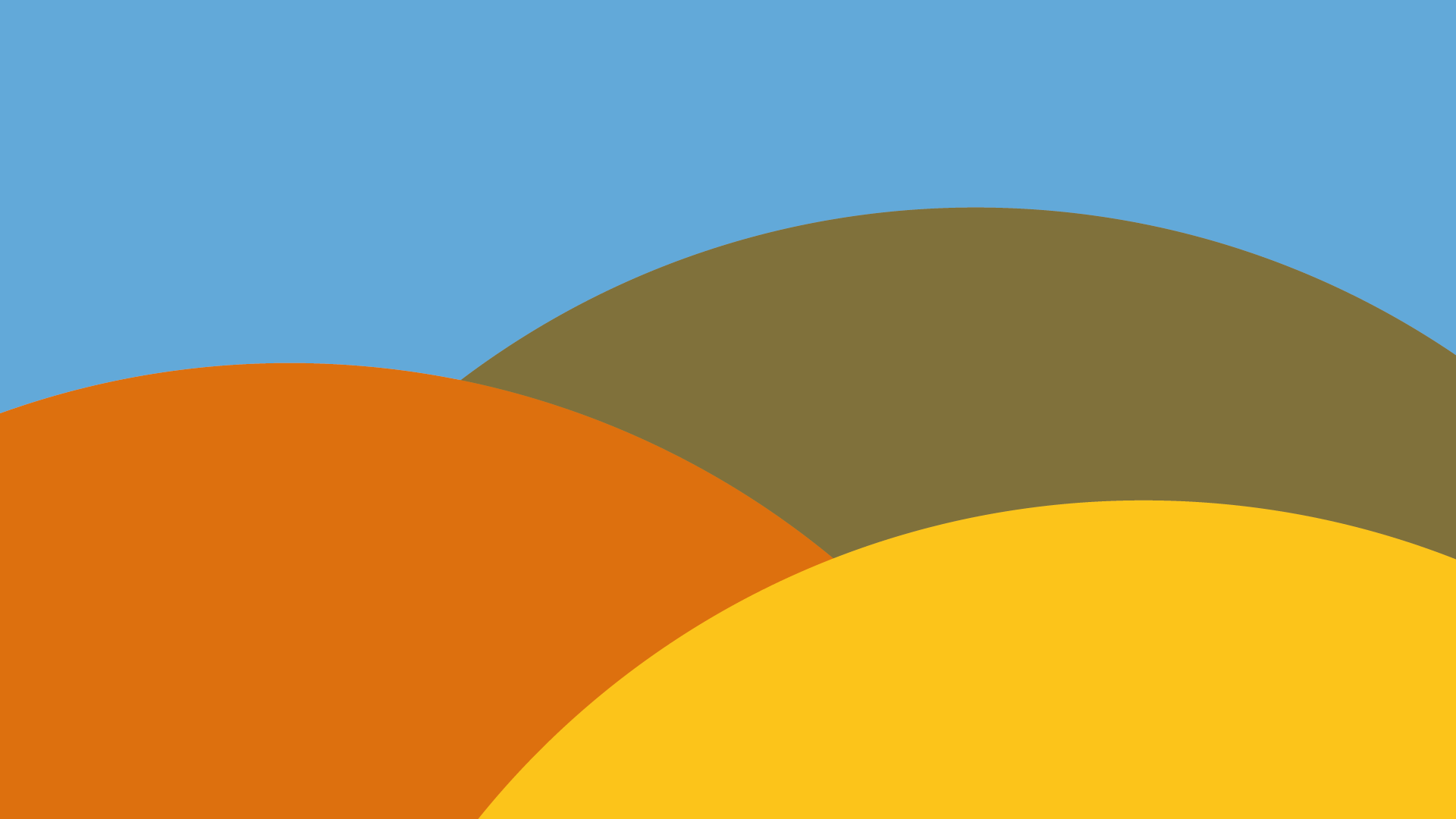JU1 | Wine, Wisdom, and Wanderlust
There is a place, tucked in the heart of Tuscany, where the hills sway as though they are alive, and where the air tastes of sun and earth—Chianti. It is a region of whispered legends, centuries-old traditions, and vineyards that stretch towards the horizon like the very veins of the land itself. The grapes that grow here do not simply absorb the light; they hold the memory of the land, the stories of the people who tend it, and the history of those who have sipped its wines and felt its magic.
Julien Leclerc, a sommelier from Bordeaux, had spent much of his life surrounded by the wines of France—its storied appellations, its famous varietals—but there was something in his soul that called him to the hills of Chianti. He had heard whispers of a wine that was unlike any other, something that spoke not just of the earth, but of the centuries of life that had unfolded upon it. A wine that carried, like a forgotten dream, the stories of the people and the land itself.
When Julien arrived in Chianti, the air seemed different. It was not just the familiar scent of fermentation or the bright, ever-present sunlight that reflected off the vineyards like golden mirrors; no, it was something more. It was as if the very landscape welcomed him, its arms wide open, ready to share its secrets. The hills rose and fell like waves upon the sea, each curve revealing new vistas—small stone villages, winding roads, and scattered wineries, their dark rooftops barely visible among the vines.
Julien’s first stop was an ancient family-owned winery. The winery stood on a hill, as if it had grown from the earth itself, its stones weathered by time, yet sturdy and proud. Isabella, the winemaker, met him at the gate, her face as weathered and wise as the land around her. Her family had been making wine for generations, each bottle a testament to the labor of love that had passed through the hands of her ancestors.
Isabella spoke of the land with reverence, her voice rich with the cadence of years spent among the vines. She explained the painstaking process of tending to the soil, of watching the grapes grow in rhythm with the seasons, each year different, yet always the same. "Chianti," she said, "is not just about wine. It is about honoring the land, the earth, and the people who have worked it for centuries. It is an act of memory."
Julien listened intently as they walked through the vineyards. The Sangiovese grapes, plump and ripening, gleamed like jewels under the Tuscan sun. Isabella led him into the cellars, where the air was thick with the scent of wood and earth. Here, among the barrels, he tasted the wine directly from the cask. It was rich, with a deep, earthy flavor that seemed to hold the sun and the soil within it. Julien’s palate danced with the complexity of the wine—its bold tannins, its ripe fruit, and a certain wildness that could only be found in the hills of Chianti.
From one vineyard to the next, Julien journeyed deeper into the region, each stop offering a new layer of discovery. He met vintners whose families had passed down secrets of the land, each one with a distinct philosophy of winemaking, but all united by their love for the land. With each glass of Chianti, Julien tasted not just the wine but the very essence of the place—its contradictions, its timelessness, and its vitality.
One afternoon, as the sun began to dip below the horizon, Julien found himself at a small agriturismo, a rustic farmhouse that had been transformed into a haven for travelers. Here, he sat at a long wooden table, surrounded by locals. The air was thick with the smell of garlic, rosemary, and fresh bread. The table was laden with simple but exquisite food—wild boar stew, homemade pasta, and a salad of fresh greens, all drizzled with golden olive oil from the region. It was here that Julien had an epiphany: wine, like food, was not merely to be consumed. It was to be shared, to be savored, to be lived.
As he clinked glasses with the locals, he realized that the wines of Chianti were not merely drinks—they were a bridge between the earth and the people, a tangible connection to the land’s history, its joys, and its struggles. They were a testament to the enduring spirit of a place and its people.
In the final days of his journey, Julien sat on a hillside, the warm breeze ruffling the leaves of the vines, and reflected on all he had learned. Chianti had changed him. It had taught him that wine was more than just a drink; it was a narrative, a living story that echoed through the centuries. He would carry these stories with him, sharing them with those who sought to understand the true meaning of a great wine.
Julien’s journey through Chianti was not merely one of taste—it was one of connection. In the end, he understood that the essence of wine, like the essence of life itself, was found not in the individual sip, but in the story it tells. Chianti’s wines were not just beverages—they were living witnesses to the land’s rich history, each bottle a chapter in the tale of a region that had, and would, continue to endure.
And so, as he boarded the plane back to Bordeaux, Julien felt a quiet satisfaction. The journey had not only enriched his palate but had given him a deeper understanding of the stories that wine could tell. A sommelier, he realized, is not just someone who tastes wines—he is someone who listens to the stories they hold.







